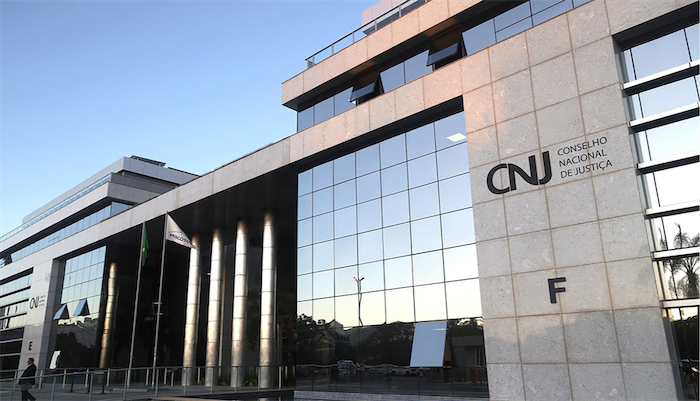National Council of Justice (CNJ) approves draft Regulation providing for requirements for the confirmation of out-of-court settlements by the Labor Courts

In response to the need to address the high number of cases in Labor Courts, the Panel of the National Council of Justice (CNJ), in a session chaired by Justice Luis Roberto Barroso, approved a Resolution providing for the requirements for out-of-court settlements approved by Labor Courts to have a broad, general, and irrevocable release effect.
Directors rebut Rossi and say that calling a Special Shareholders’ Meeting is illegal

The meeting called by Rossi Residencial to vote on suspending the political rights of one of its largest shareholders, billionaire Silvio Tini, exposed the division within the board of directors. Three of the five board members—the only ones outside the founding family—pushed back against the proposal, calling the meeting “entirely illegal.”
The rise in Brazil’s benchmark interest rate, the Selic, and the dollar is forcing companies to reassess investments and renegotiate debts

Brazilian companies are redesigning plans, renegotiating debts, and repressing investments with the rise in interest rates and the dollar. While companies around the world have faced a business environment with higher financing costs, Brazilian companies are experiencing an especially heavy burden, hit by one of the highest interest rates in the world after surviving the pandemic with little government help.
Sales to the Free Trade Zone are exempt from Social Integration Program Contribution (PIS) and Social Security Financing Contribution (COFINS)

In 2020, the STF decided that the percentages of social contributions are unconstitutional. The Federal Tax Authority confirmed, through a response to inquiry, that supplier sales to the Manaus Free Trade Zone (ZFM) have occurred without the levy of Social Integration Program Contribution (PIS) and Social Security Financing Contribution (COFINS).
Market suggests improvements to new CVM’S FÁCIL

Transition period between regimes, hiring of external audit, and rule on participation of lead coordinator require adjustments. The rules to expand the access of small and medium-sized companies to the capital market were well received by regulatory experts, but law firms are already proposing improvements.
The Superior Court of Justice (STJ) decides if a private foundation may undergo court reorganization

The 3rd Panel of the Superior Court of Justice (STJ) is set to rule for the first time on a contentious issue in insolvency law: whether privately governed foundations can undergo court reorganization. Yesterday, the justices started to analyze two appeals that challenge the lawfulness of the court reorganization of non-profit educational foundations in Minas Gerais.
Extra judicialization gives a new face to notary offices and reduces the burden of the Court System

The long-standing prediction of notary offices disappearing in Brazil, fueled by calls for debureaucratization, has been overtaken by a growing trend in the opposite direction, driven by the need to ease the courts’ backlog. The latest development in this shift came on August 20, 2024, when the National Council of Justice (CNJ) issued a regulation allowing probate proceedings, asset distributions, and uncontested divorces to be handled by notary offices, even when involving heirs under 18 or incompetent.
Adoption of arbitration clause in employment contracts: the impact of the case of a former Corinthians employee

In a groundbreaking decision involving Sport Club Corinthians Paulista and a former team performance analyst, the Labor Courts of São Paulo recognized the validity of an international arbitration clause in an employment contract. In a recent decision, the 13th Labor Court of São Paulo rendered a decision in a labor case without examining the merits of the case.